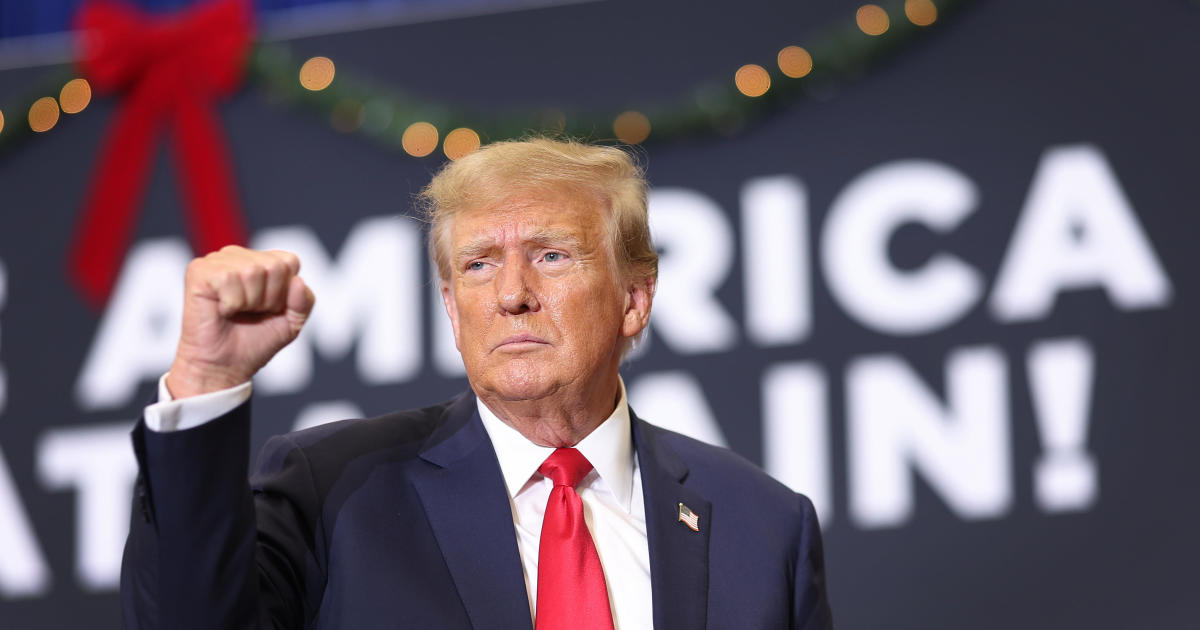Key takeaways:
- The Supreme Court declined to take up a case over whether former President Donald Trump has broad immunity from prosecution for alleged crimes committed while in office.
- The Supreme Court’s decision allows the appeals process to play out first, and avoids a potential political firestorm for now.
- It remains to be seen how the appeals court will rule on the matter, and whether the Supreme Court will eventually take up the case.
The Supreme Court on Friday declined to take up a landmark case over whether former President Donald Trump has broad immunity from prosecution for alleged crimes committed while he was in office. The court denied without comment special counsel Jack Smith’s request asking the justices to circumvent the normal appeals court process and quickly decide the question.
The decision is a blow to Smith and his team of prosecutors, who have pushed the courts to move quickly to hold trials in the Washington case and the second prosecution in Florida before the presidential election swings into full gear. Trump’s attorneys, meanwhile, have urged the courts to delay the trials until after the election.
The Supreme Court’s one-line, unsigned order denying the request from special counsel Jack Smith reads: “The petition for a writ of certiorari before judgment is denied.”
The decision allows the appeals process to play out first, and avoids a potential political firestorm for now. The Supreme Court’s decision means that the question of whether Donald Trump has broad immunity for actions he took as president challenging his 2020 election loss will be decided by the appeals court.
The Supreme Court’s decision is the latest development in the ongoing legal battle over Trump’s alleged crimes. It remains to be seen how the appeals court will rule on the matter, and whether the Supreme Court will eventually take up the case.



Be First to Comment